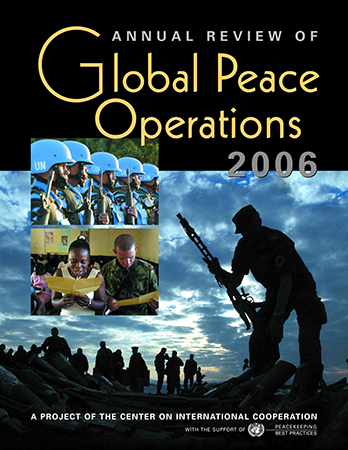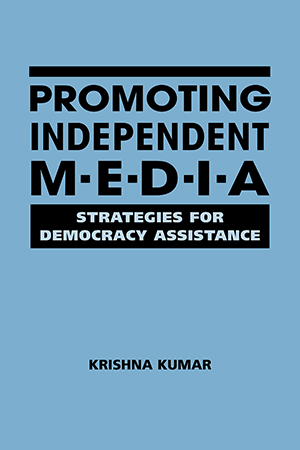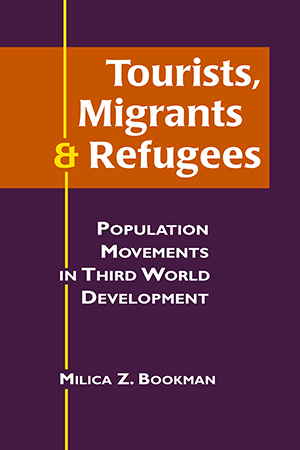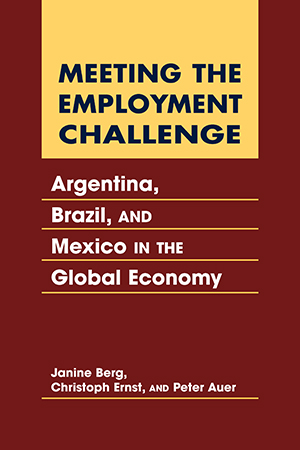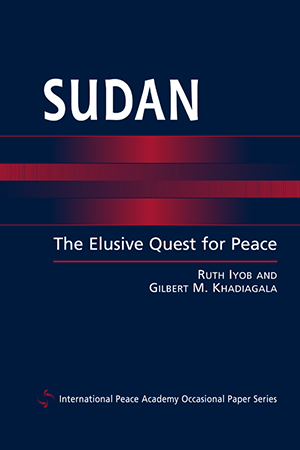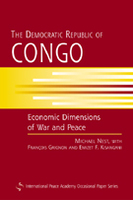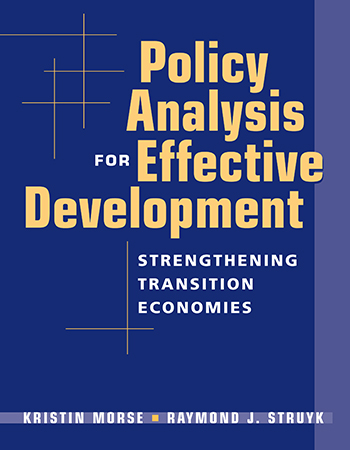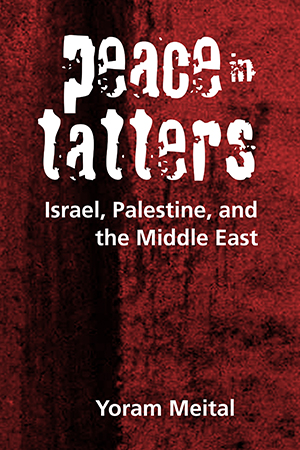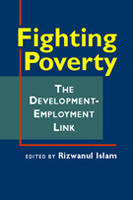BOOKS
The world now spends close to $5 billion annually on United Nations peace operations staffed by more than 80,000 military and civilian personnel, and commitments to comparable operations More >
Krishna Kumar surveys the nature and significance of international aid designed to build and strengthen independent news media in support of democratization and development. Providing the More >
As travelers increasingly seek out the exotic wildlife and idyllic sunsets of the developing world, a complex relationship involving tourism, the migration of workers, and the involuntary More >
Arguing that economic policies in Argentina, Brazil, and Mexico favor markets over institutions and the international economy over the domestic to the detriment of the workforce in those More >
The formal division in 2011 of Africa's largest state into two new states—Sudan (the Republic of the Sudan) and South Sudan (the Republic of South Sudan)—was the result of More >
Despite the prominent role that competition over natural resources has played in some of Africa's most intractable conflicts, little research has been devoted to what the economic More >
This practical text provides analytic tools and real world examples to equip both students and professionals with the skills they need to develop—and implement—effective public More >
Peace in Tatters was born in a set of questions with which the author, an Israeli scholar, has struggled for some years: What went wrong in the Israeli-Palestinian peace process before the More >
In the midst of the continuing violence of the Israeli-Palestinian conflict, there are many who remain committed to moving forward on the road to peace. The Palestinian and Israeli More >
While it has become abundantly clear that neither overall economic growth nor targeted microlevel interventions inevitably reduce poverty in developing countries, much of the development More >



